Dr. Malcom Moore, the president of BC Cancer Agency, presented at the annual GIPPEC (Global Institute of Psychosocial, Palliative, and End of Life Care) symposium. His presentation title was "Rational and Irrational Use of Aggressive Interventions at the End of Life". Click here to see the slides.
“For 31 years, I have been battling this grueling illness as a child, teenager and young adult. Over the years, cancer has taken my health, my hair, my engery, chunks of my body and, sometimes, even my sanity. But it has also given me a gift – to live life meaningfully and with great urgency. Not knowing whether I have months or years to live has forced me to live life in the moment and enjoy the present."...
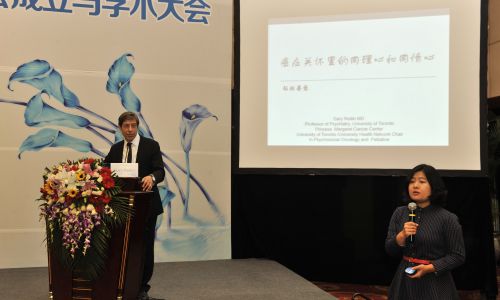
On November 6, 2015, Dr. Gary Rodin shared his experiences providing palliative care service and the CALM therapy in an international event exploring the promotion of palliative care and application of humanistic care in China. The event was organized by The China Council for the Promotion of Health Care and International Exchange and Beijing Cancer Hospital.
During the visit to China, Dr. Rodin and Dr. Madeline Li visited Beijing Cancer Hospital and Beijing New Journal...
-500x300.JPG)
GIPPEC is pleased to introduce Dr. Chloe Shaw, recipient of the 2015-16 GIPPEC Fellowship. Chloe will be coming to Toronto from the Institute for Women's Health at University College London, where she currently works as a Research Associate researching end-of-life decision making for critically ill babies on the neonatal unit. Chloe completed her PhD within the discipline of Social Psychology in 2012, and now uses the qualitative method of Conversation Analysis to study the social organization of talk in health...
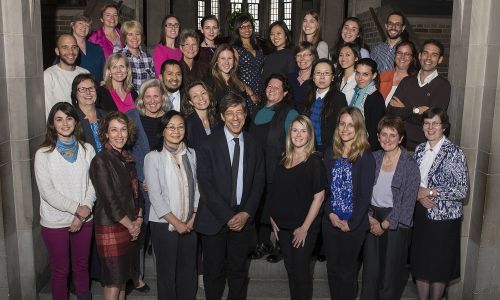
“The first casualties of cancer are emotional ones. CALM is one way we can help reduce patients’ fears and help them manage what lies ahead.” Dr. Gary Rodin, GIPPEC Director
The Managing Cancer and Living Meaningfully (CALM) Training Program hosted an advanced CALM workshop in Toronto May 31 – June 2, 2015. The advanced workshop is aimed at clinicians who are incorporating CALM therapy into their sites and practice. The CALM team was happy to welcome clinicians and researchers...
-500x300.jpg)
Camilla Zimmermann, a member of the GIPPEC Executive, was recently awarded the Princess Margaret Research Instutute Best Clinical Paper for her cluster-randomised controlled trial of early palliative care for patients with advanced cancer. Congratulations Camilla!
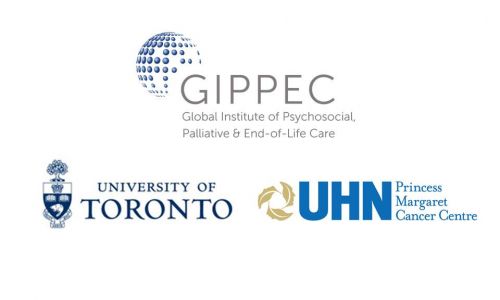
The Fellowship Program of GIPPEC is an opportunity for trainees to develop and build research skills in areas relevant to palliative care and to develop meaningful lines of research within well-developed research teams. GIPPEC fellowships provide research mentorship, training, and infrastructure and the opportunity to engage with an interdisciplinary network of scholars and investigators pursuing groundbreaking research in the field.
For more information, and to apply, visit http://ow.ly/M4DF7

GIPPEC is currently considering applications for Core Faculty Members with primary appointments in existing university departments and divisions who devote a significant proportion of their academic responsibilities to the aims of the GIPPEC as well as Associate Faculty Members who devote part of their academic responsibilities to the aims of the GIPPEC.
For more information, and to apply, visit http://ow.ly/M4yB7
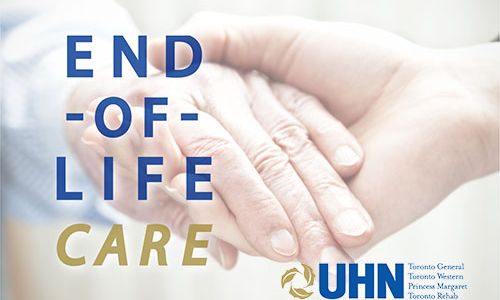
For some couples, third time's the charm.
That's true for Larry and Evelyn Bryan, who met more than 25 years ago working for the same company. She was in product development, he in engineering support. Each had been married twice before. They fell in love, married in 1989 and settled in the Beaches neighbourhood of Toronto, both with children they adored from previous marriages.
It was a modern day love story.
All that changed in February 2013...
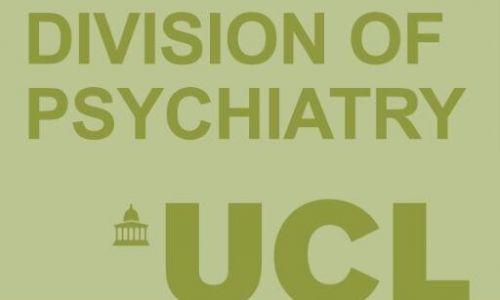
GIPPEC Director Gary Rodin is giving a seminar today at University College London. The seminar, entitled “From the Practical to the Profound: Brief Psychotherapy with Life-threatening and Advanced Disease”, will provide insight into a uniquely designed therapy for people with advanced cancer who are often distressed and carry a heavy physical symptom burden.